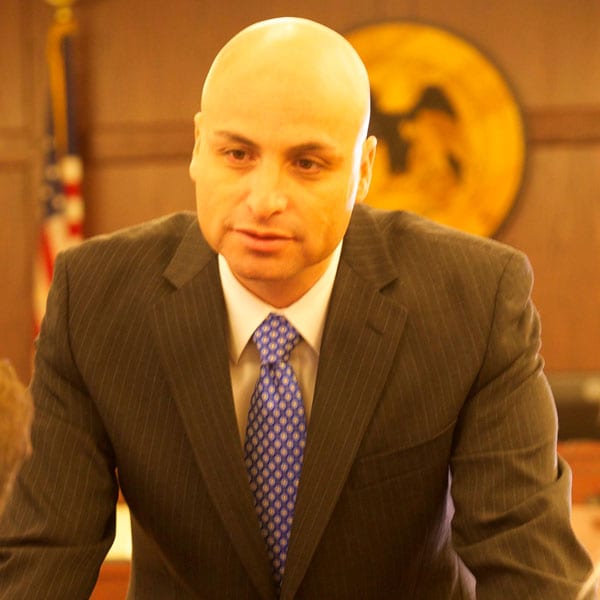
February 14, 2019; Albuquerque Journal
New Mexico’s Attorney General Hector Balderas has requested that lawmakers in his state adopt requirements that compel organizations like the University of New Mexico (UNM) Foundation to make their records available to the public upon request. As Dan McKay in the Albuquerque Journal explains, House Bill 29, introduced into the New Mexico legislature by Rep. Abbas Akhil, D-Albuquerque, aims to achieve the goals outlined by Balderas. The UNM Foundation helped spur the introduction of this bill by its recent refusal to release documents when it received a public records request.
Of course, under federal law, some 501c3 transparency requirements already exist. The UNM Foundation, as the name suggests, raises funds to support the University of New Mexico. According to its Form 990 filing for the fiscal year ending June 2017, it had revenue of $45 million and expenses of $49 million.
The IRS requires that not only should records be available, but that every effort be made to disclose records the day they are requested in person—or in 30 days, if the request were made in writing. A fee may be charged for paper copies, but documents can be made available online. (Balderas wants paper copies to be cheaper; his bill would require public agencies to charge 10 cents a page instead of the current $1.) If the existing rules are not followed, the IRS can pull the tax-exempt status from a 501c3.
Balderas, however, is calling for greater public access. “We want citizens to have access to critical public information, in order to build a state government that is fair and open to all New Mexico citizens,” Balderas has indicated in a written statement.
Donor identity has been discussed a great deal lately, and at stake may be which records are considered public. A 501c3 must submit a list of donors over $5,000 in its 990 filing, but the IRS keeps the list confidential so individual states cannot access it. This has led New Mexico to seek its own rules.
Sign up for our free newsletters
Subscribe to NPQ's newsletters to have our top stories delivered directly to your inbox.
By signing up, you agree to our privacy policy and terms of use, and to receive messages from NPQ and our partners.
An independent watchdog, Daniel Libit, filed a lawsuit under the state’s Inspection of Public Records Act (IPRA) when the UNM Foundation refused to release documents Libit requested. The organization was ordered to release donor documents last year by State District Judge Nancy Franchini, citing the state records law and the fact that the foundation is supporting a public entity. The UNM Foundation appealed the ruling, which they said was to protect donors’ rights, including naming rights.
The unraveling of the case that spurred Libit’s request for records involved a golf trip to Scotland that was paid for with public dollars. The UNM Foundation received $25,000 from the UNM Athletics Director Paul Krebs, who organized the trip, to reimburse the public money. Krebs stated it was an “anonymous” gift, and the UNM Foundation management refused to reveal donor information even to the state attorney general’s office. The attorney general had the UNM Foundation’s office searched the past fall. Krebs has been charged with five felonies, including money laundering.
Libit supports Balderas’s bill. “While I firmly believe that the IPRA law already requires entities such as the UNM Foundation to comply with public record requests,” he says, “I support any legislative efforts that would incapacitate such organizations from playing willfully ignorant on the matter.” The New Mexico Foundation for Open Government and other transparency advocates support it, too.
Issues in the recent past have warranted a close look at the UNM Foundation’s records. “Recent events have demonstrated the perils of opaque foundations enmeshed with public institutions,” Akhil explains. “It is critical that foundations that exist solely to serve the interests of public institutions meet the basic minimum standards of transparency and openness. This bill will take steps to prevent future financial negligence like what occurred at UNM Athletics.”
There are competing bills on the table to continue to charge the $1 per page for records, including electronic copies, rather than the cost of a flash drive, and to increase the time to respond to requests for public records to 45 days, with the ability to ask a judge for an extension. It appears that organizations may want to keep documents out of sight when there is a reason for them to hide something.—Marian Conway













